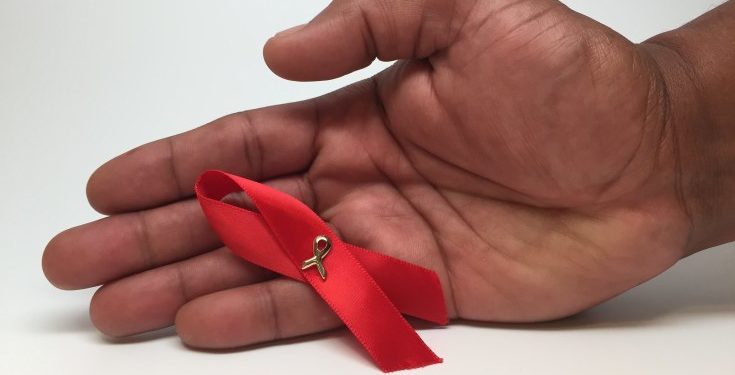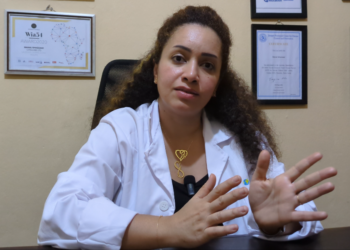The fight against the HIV pandemic is being held back by dwindling resources, a new report by UNAIDS reveals.
The report which was unveiled on the eve of the opening of the 24th International AIDS Conference (IAC) in Montreal, Canada cites Covid-19 and other crises as reason for diversion of resources from the fight against AIDS.
“The response to the AIDS pandemic has been derailed by global crises from the colliding pandemics of HIV and Covid, to the war in Ukraine and the resulting global economic crisis,” says UNAIDS Executive Director, Winnie Byanyima.
Despite the fall in investment, the report titled “In Danger,” shows that there was a slight reduction in new HIV infections globally – just 3.6 percent – between 2020 and 2021.
UNAIDS says this is the smallest annual drop since 2016. In 2021, there were 1.5 million new infections –- more than a million over global targets of fighting the virus, it notes.
The regions of Eastern Europe, Central Asia, the Middle East, North Africa and Latin America, witnessed rise in new infections, according to the report.
The good news is that western and central Africa saw progress in terms of access to treatment, mainly thanks to improvement in the response efforts in Nigeria and the Caribbean, according to the authors of the report. Nonetheless, Sub-Saharan Africa still remains a major concern, accounting for the majority of new infections – 59 percent in 2021.
Globally, 38.4 million people were living with HIV in 2021, with 650,000 deaths from AIDS-related illnesses.
Young women and adolescent girls were found to be disproportionately impacted, with a new infection occurring in this population every two minutes.
“Covid-19 and other instabilities have disrupted health services in much of the world, and millions of students have been out of school, increasing their HIV vulnerability,” the report states.
Data provided by UNAIDS show that in 2021, international resources available for HIV were six percent lower than in 2010, with bilateral assistance from the United States down 57 percent over the past decade.
This, according to the UN, means that the HIV response in low- and middle-income countries is $8 billion short of the amount needed by 2025.
The global target is to end transmission of the virus by 2030, in line with the UN Sustainable Development Goals.
Some 70 percent of the cases globally were reported in key populations: sex workers and their clients, men who have sex with men, people who inject drugs, and transgender people. UN and other health experts say the response going forward need to focus on these key populations.
The UN report also called attention to racial inequalities as a contributing factor to HIV transmission. Officials also say that access to life-saving treatments is faltering, growing by its slowest rate in over a decade.
Three-quarters of all people living with HIV had access to antiretroviral treatments within the period under review, but 10 million people didn’t, according to the report.
Berthilde Gahongayire, UNAIDS Regional Director for Western and Central Africa, says despite the positive indication in the region, people must beware of the danger of complacency.
“We have spent two years talking about Covid-19 and we have kind of forgotten about HIV/AIDS. Some people may think that it has finished, but it has not,” she said in a press briefing early Wednesday morning.
Ms Gahongayire also pointed out that despite the seeming setback, there is hope for the future, in terms of the prospect of meeting the 2030 goal.
“We are hopeful because ending AIDS is possible.
We are talking about the gap in finance. If the international community gets together, if domestic resources are mobilized, if we are all together… it is possible,” she told journalists in the press briefing organized virtually.
She stressed that with the global strategy against the pandemic, all that’s needed to be done is to identify where the gaps are and try to address issues of inequality.
“We are hopeful that we can still end AIDS. I don’t know if it is by 2030.”
The IAC is the world’s largest conference on HIV/AIDS. Convened every two years, the event is hosted by the International AIDS Society. it runs from July 29th to August 2nd.
It will feature an exciting line-up of global health experts, among them the US scientist, Anthony Fauci, who will be highlighting the latest progress in the global HIV response.






















